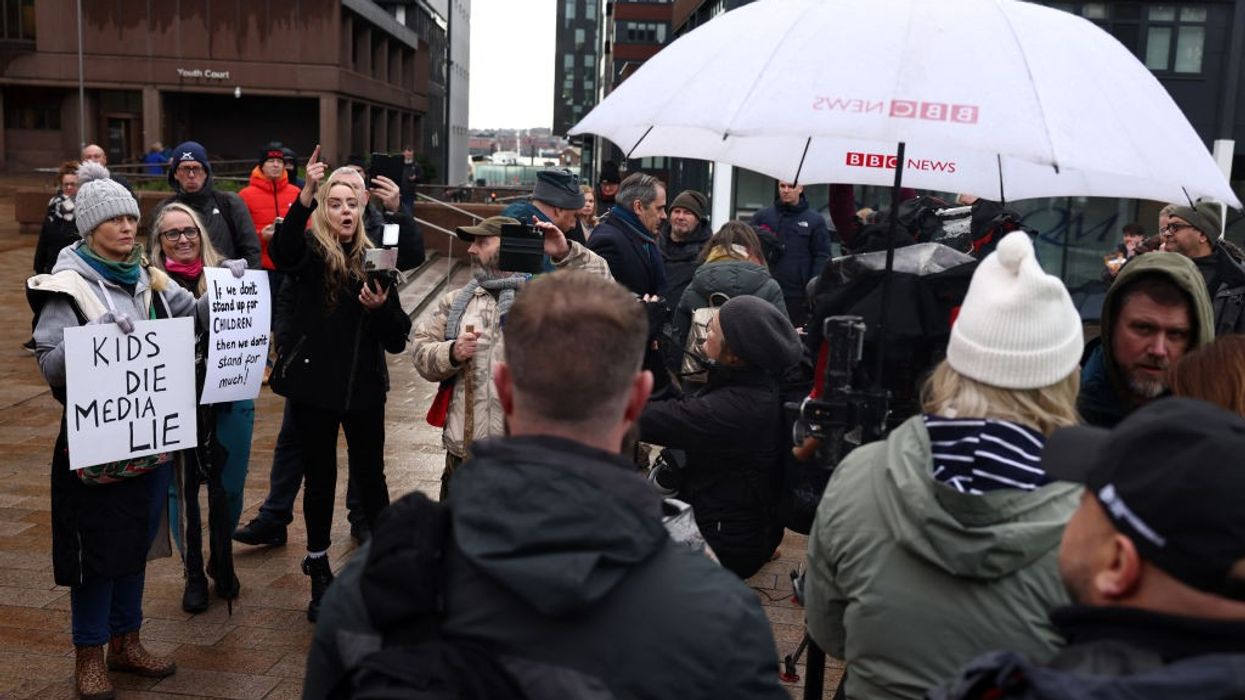LAST summer's civil unrest harmed the mental wellbeing of asylum seekers across the country, a new study has revealed.
The riots, which followed the killing of three young girls at a dance class in Southport, left many too frightened to leave their accommodation.
Prepared by the Mental Health Foundation, the study pointed out a clear decline in asylum seekers' mental health compared to findings from February last year.
"The racist riots of summer 2024 had a terrible impact on the mental health of many people seeking asylum in UK," said Mark Rowland, chief executive of the Mental Health Foundation. "Some people told us they were scared to leave their accommodation, risking increased isolation, and others said they feared they'd be attacked walking down the street just because of the colour of their skin."
It also highlighted how social media platforms, particularly X, fuelled tensions through misinformation and hate speech. Asylum seekers reported encountering racist content within minutes of logging onto certain websites.
"The climate of hostility has increased, especially on social media which played a key role in escalating tensions," noted Rowland, calling for government action to combat online and offline hate.
The report also made a strong economic case for allowing asylum seekers to work if their claims remain unprocessed after six months.
According to figures from the Institute of Economic and Social Research, this policy change could save £4.4 billion in government spending, grow the economy by £1bn, and increase tax revenue by £880 million.
Current rules only permit asylum seekers to apply for shortage occupation jobs after waiting a year, effectively preventing most from working legally.
"Giving asylum seekers the right to work is a no-brainer," Rowland was quoted as saying. "Everyone – from asylum seekers, to businesses, to the government, to the NHS, to our communities – benefits when asylum seekers are given the ability to support themselves."
Acute poverty among asylum seekers was also highlighted in the report, with many forced to decide whether to skip meals or afford bus fares for essential appointments.
A Home Office spokesperson said, "While the wellbeing of those in the asylum system is important, we remain determined to continue cracking down on anyone working illegally in the UK."





